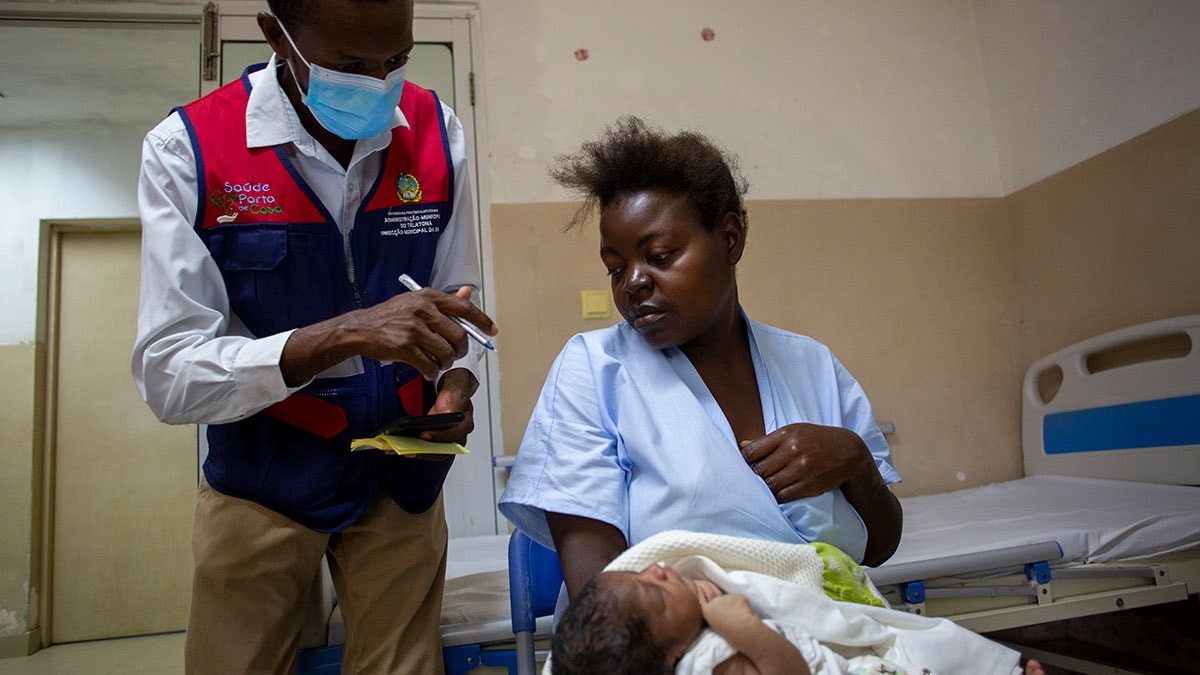Key points
CDC works with partners and countries around the world to make progress towards eliminating hepatitis B. According to the World Health Organization, a country has eliminated hepatitis B when the new cases decrease by 90% deaths decrease by 65%, compared to these rates in 2015.
Increasing vaccination at birth

CDC helps countries prevent the primary source of chronic hepatitis B.
Supporting introduction of hepatitis B birth dose vaccination
Vaccine introduction happens when a country incorporates a new vaccine into its immunization schedules. CDC supports hepatitis B birth dose introduction into routine vaccination schedules by:
- Contributing to guidelines on introducing hepatitis B birth doses into immunization schedules
- Compiling evidence on the burden of hepatitis B infectionA among pregnant women and estimate the risk of mother-to-child transmission in African countries without a hepatitis B birth dose
- Helping to assess the cost of introducing hepatitis B birth dose vaccines
- Participating in assessments of hepatitis B birth dose vaccination in countries that have recently introduced to help them improve program performance
Improving coverage of hepatitis B vaccine birth dose
- Implementing and evaluating interventions to improve timely hepatitis B vaccine access and demandB at birth
- Evaluating best practices for using hepatitis B birth dose vaccine in a controlled temperature chainC
- Evaluating and improving hepatitis B birth dose vaccine implementation in children born in health facilities and those born outside of health facilities
Supporting disease elimination
CDC helps countries determine whether they have eliminated hepatitis B.
Promoting new laboratory tests and other innovations
CDC helps innovate ways to test for and prevent hepatitis B.
CDC is currently focused on:
- Researching new and improved diagnostics for hepatitis B
- Evaluating new methods for hepatitis B testing that can be combined with tests for other vaccine-preventable diseases
- Looking for innovative ways to deliver hepatitis B vaccines
Resources and references
Further reading
- "Burden of disease" refers to how much a disease costs an individual and society (in health, monetary, and other costs).
- "Demand" refers to how much a population wants a certain vaccination.
- "Controlled temperature chain" refers to a process for keeping vaccines above the recommended long-term storage temperature for a limited period of time. Source: World Health Organization
